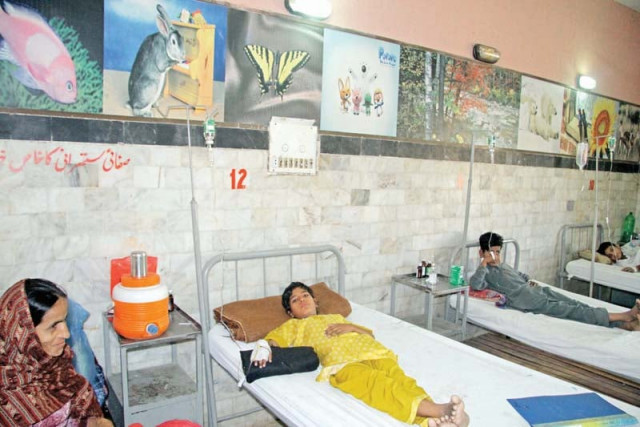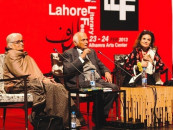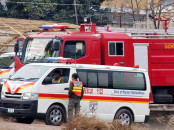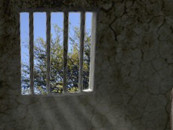Covid overwhelms health facilities
Discontinuation of free of charge services at government hospitals caused unrest in 2020

After the outbreak of novel coronavirus, the health sector of Punjab faced the worst crisis of resources during the outgoing year.
The 253 teaching, district and tehsil headquarters hospitals and basic health units in the province could not be provided adequate financial resources as about 90 per cent of the funds were spent for setting up diagnostic and treatment facilities for coronavirus.
No funds were provided for treatment of heart, neurological, kidney and other diseases.
During 2020, the provision of medicines free of cost to patients in government hospitals was halted and OPD services were suspended.
The charges for diagnostic tests and registration slip fees in government hospitals were increased from Rs50 to Rs200.
However, the biggest controversy was created by the Medical Teaching Institutions Act which required all hospitals to be handed over to boards of governors. The administrative role of medical superintendents and principals of teaching hospitals was abolished.
During the lockdown period, the health department was unable to provide basic medical services to the people in a timely manner.
Meanwhile, young doctors, nurses and paramedics serving in the department kept protesting.
Due to the protests and restrictions imposed to prevent the spread of coronavirus, outpatient and admission of patients in several hospitals remained suspended for more than 200 days.
Routine surgeries also could not be performed because of the pandemic.
However, Grand Health Alliance leader Dr Haseeb Chaudhry said that the Punjab Health Department had failed to provide medical facilities to the people. He accused provincial Health Minister Dr Yasmeen Rashid of pursuing policies that were detrimental to the interests of patients as well as doctors.
On the other hand, the ministry's spokesperson Syed Hamad Raza claimed that due to the efforts of the minister, historic steps had been taken to provide timely medical facilities to the people across Punjab.
He recalled that as part of the initiatives, Punjab Health Department had distributed Insaf Health Cards among 5.2 million families across the province, set up seven Mother and Child Hospitals and launched a nutrition programme under the Healthy Punjab Campaign.
Under the Prime Minister's Health Programme, eight district hospitals were provided modern medical facilities, screening programmes were launched in all medical education institutions, universal health coverage was announced and Insaf Medicine Card was provided to hepatitis, HIV and TB patients.
The spokesman said a number of local hospitals in various areas HD been upgraded by the ministry, about 32,000 doctors had been recruited and mobile health units launched in to serve the people in emote areas.
A total of 132,505 people have so far been diagnosed with coronavirus in the province, of whom 120,101 have recovered, while 3,682 died.
Punjab became self-sufficient in face masks, sanitisers and oxygen while fighting the ongoing war against coronavirus.
Also for the first time, medical beds equipped with oxygen supply were produced along with enough ventilators to fulfil the needs of the province.
The Punjab health department has conducted over 2.28 million pandemic infliction tests since the beginning of the outbreak in the region.
Published in The Express Tribune, December 23rd, 2020.



















COMMENTS
Comments are moderated and generally will be posted if they are on-topic and not abusive.
For more information, please see our Comments FAQ